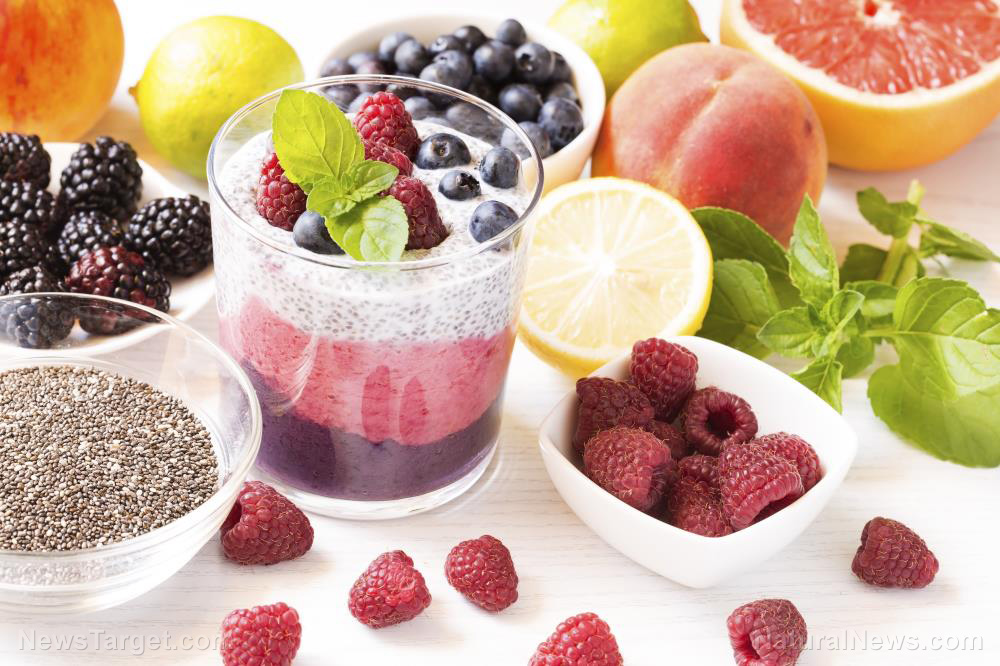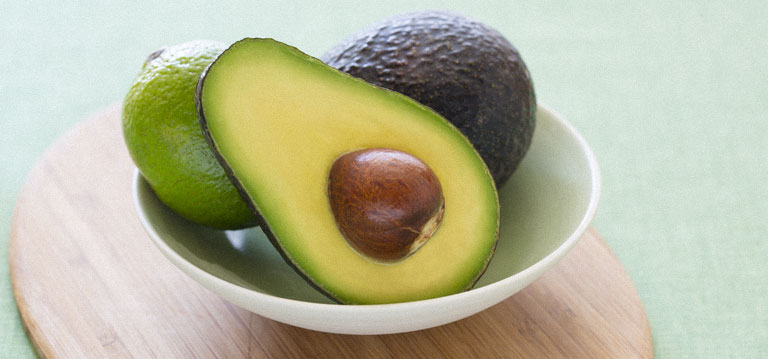Study confirms: Improve your mental health by adding more high quality fruits and veggies to your diet
06/27/2019 / By Vicki Batts

If you’re not eating your fruits and veggies, you’re missing out. While most people know they could eat more produce, the profound effects good nutrition can have on your health are often underestimated.
Recently published research has now confirmed what natural health advocates have long known: Eating well makes you feel better. Scientists say they are surprised to learn that eating more fruits and vegetables can help improve mental health and well-being. As is so often the case, it appears that these researchers have forgotten that the brain is also an organ — and it too depends on good nutrition to function, just like the rest of the body. Indeed, the importance of nutrition simply cannot be understated.
Fruits and veggies for mental health
Hailing from the United Kingdom, scientists from the University of Leeds say they have uncovered a shocking relationship between produce consumption and mental health.
Speaking about the findings, study co-author Dr. Neel Ocean stated, “It’s well-established that eating fruit and vegetables can benefit physical health. Recently, newer studies have suggested that it may also benefit psychological well-being. Our research builds on previous work in Australia and New Zealand by verifying this relationship using a much bigger U.K. sample.”
As the press release explains, the U.K. study featured data from 40,000 people. For the study, participants were reportedly asked to complete surveys about their fruit and veg consumption and questionnaires on mental health. Across the board, the results were clear: Eating even just one more portion of fruit or vegetables per day could yield impressive improvements in mental wellness.
In fact, just one extra serving of produce each day produced similar effects on mental health as walking an extra eight days every month. Even after controlling for other factors, the connection between eating more fruit and veggies and a better mental state remained the same.
“While further work is needed to demonstrate cause and effect, the results are clear: People who do eat more fruit and vegetables report a higher level of mental well-being and life satisfaction than those who eat less,” Dr. Ocean stated.
Eat more fruit and veg
The takeaway here is simple: Eat more fruit and vegetables if you want to be healthy and happy. Numerous studies have documented a correlation between increased fruit and veggie intake and better health, whether its reducing your cancer risk, fending off heart disease or preventing diabetes.
The health benefits that fruit and veg can offer your brain are enormous. They offer an array of vitamins, minerals, antioxidants and phytonutrients that play valuable roles in critical bodily processes — including that of the brain. Experts say increasing fruit and vegetable intake could save millions of lives, just by providing adequate nutrition.
And yet, studies show children are eating far too few fruits and vegetables. Less than 50 percent of kids in the U.K. are eating even a single serving of fruit or veg daily — and the United States isn’t faring any better.
In the U.S., vegetable consumption is 20 percent below what it “should” be, while fruit consumption is 60 percent under.
Eating more fruits and vegetables doesn’t have to be painful. Incorporating a fruit or vegetable you are willing to tolerate into a dish you already enjoy can be relatively easy. For example, you can add sliced berries or banana to just about any breakfast. You can add chopped veggies, such as onions, peppers, or celery, to soups, stews and rice. And for the ultimate baby step, you can always use a blender or food processor. Blending vegetables into your favorite sauces, soups and smoothies is a great way to hide veggies from picky eaters. You can also use a food processor to incorporate vegetables into things like meatloaf or casserole dishes.
You can learn more about the power of good nutrition at Food.news.
Sources for this article include:
Tagged Under: beat depression, depression, fight depression, Fresh, fruits, good health, good nutrition, healthy diet, mental health, mind body science, minerals, nutrients, nutrition, prevention, remedies, research, scientific, vegetables, Veggies, vitamins
RECENT NEWS & ARTICLES
GroceryCures.com is a fact-based public education website published by Grocery Cures Features, LLC.
All content copyright © 2018 by Grocery Cures Features, LLC.
Contact Us with Tips or Corrections
All trademarks, registered trademarks and servicemarks mentioned on this site are the property of their respective owners.



















